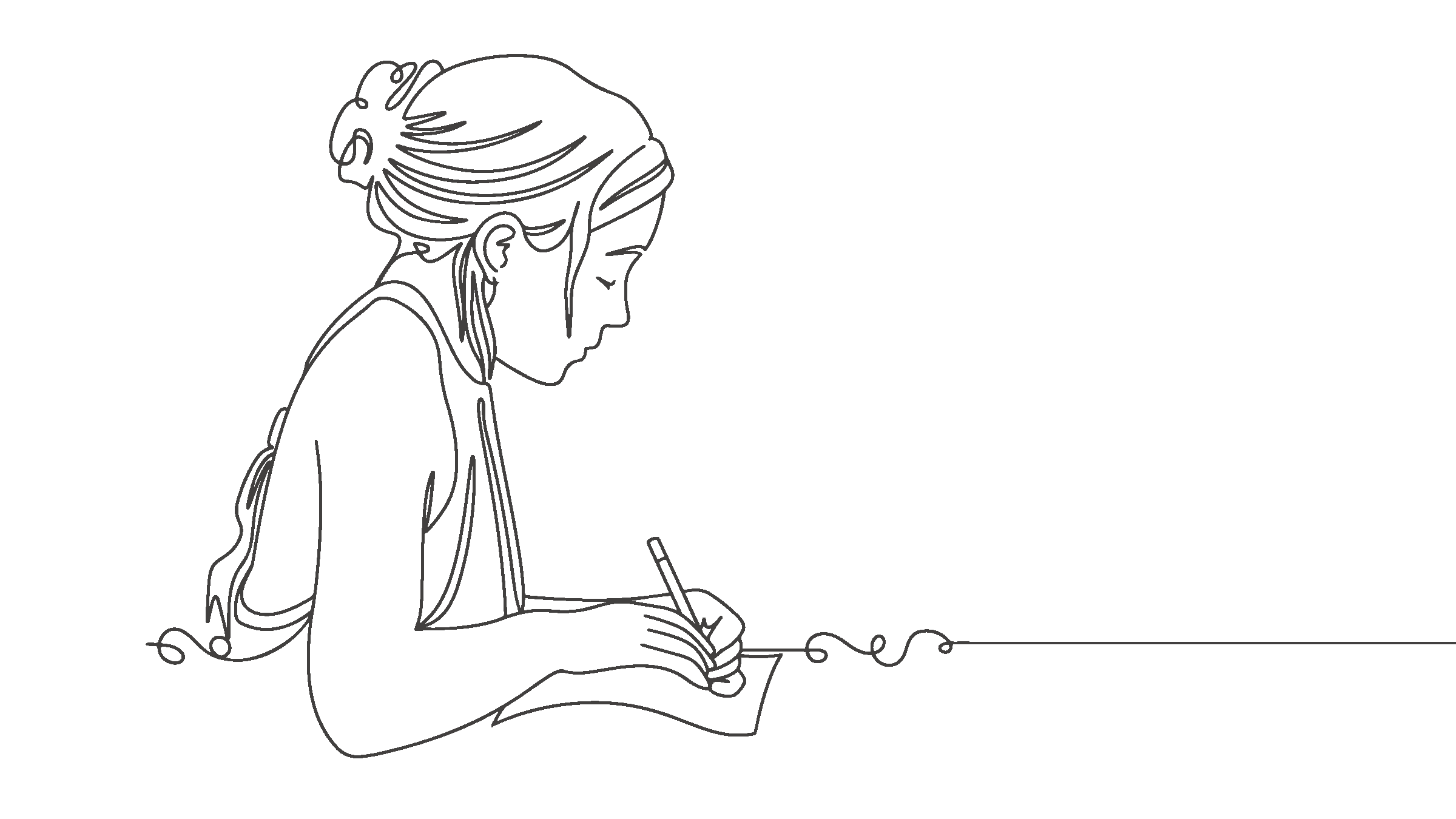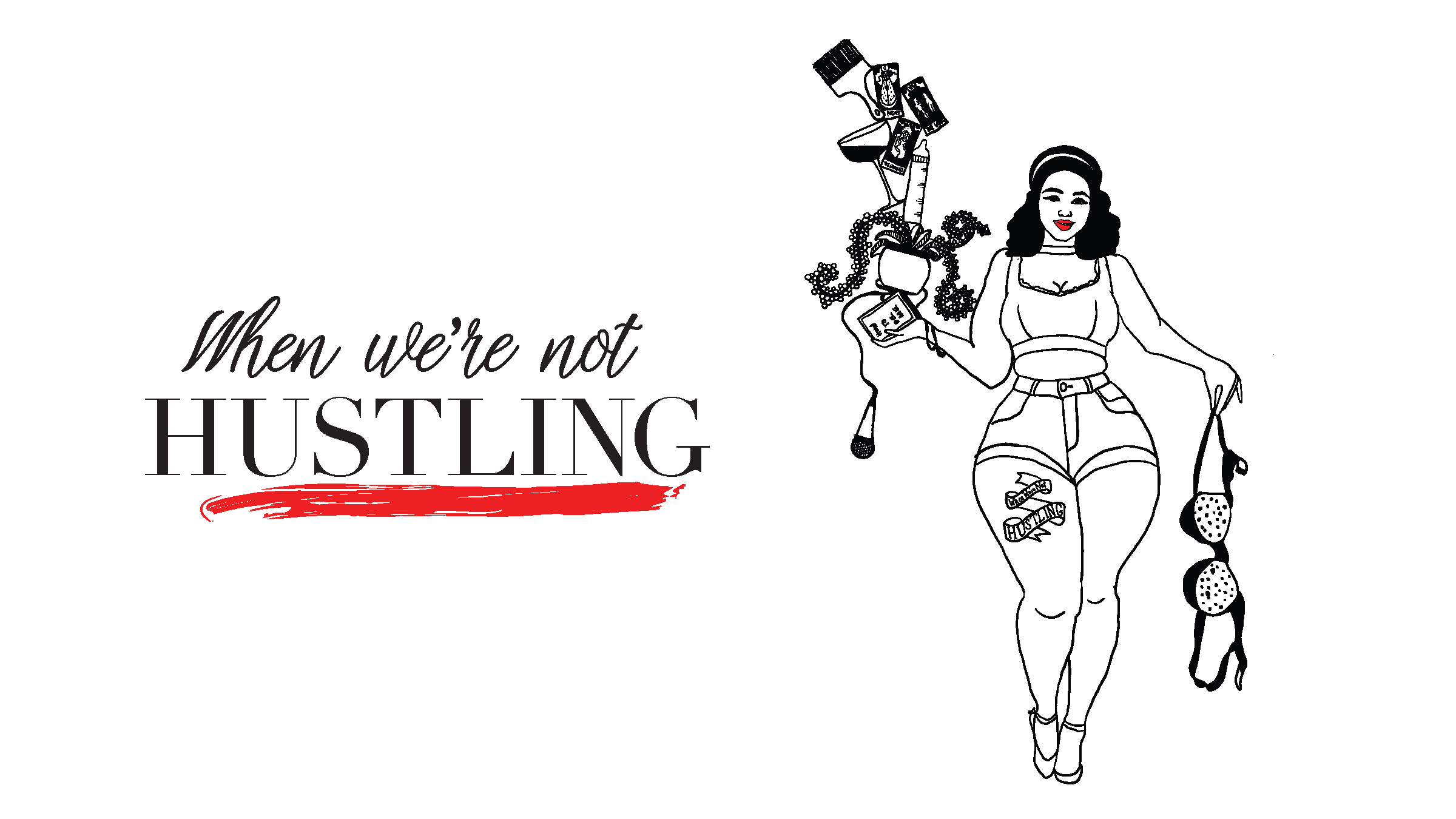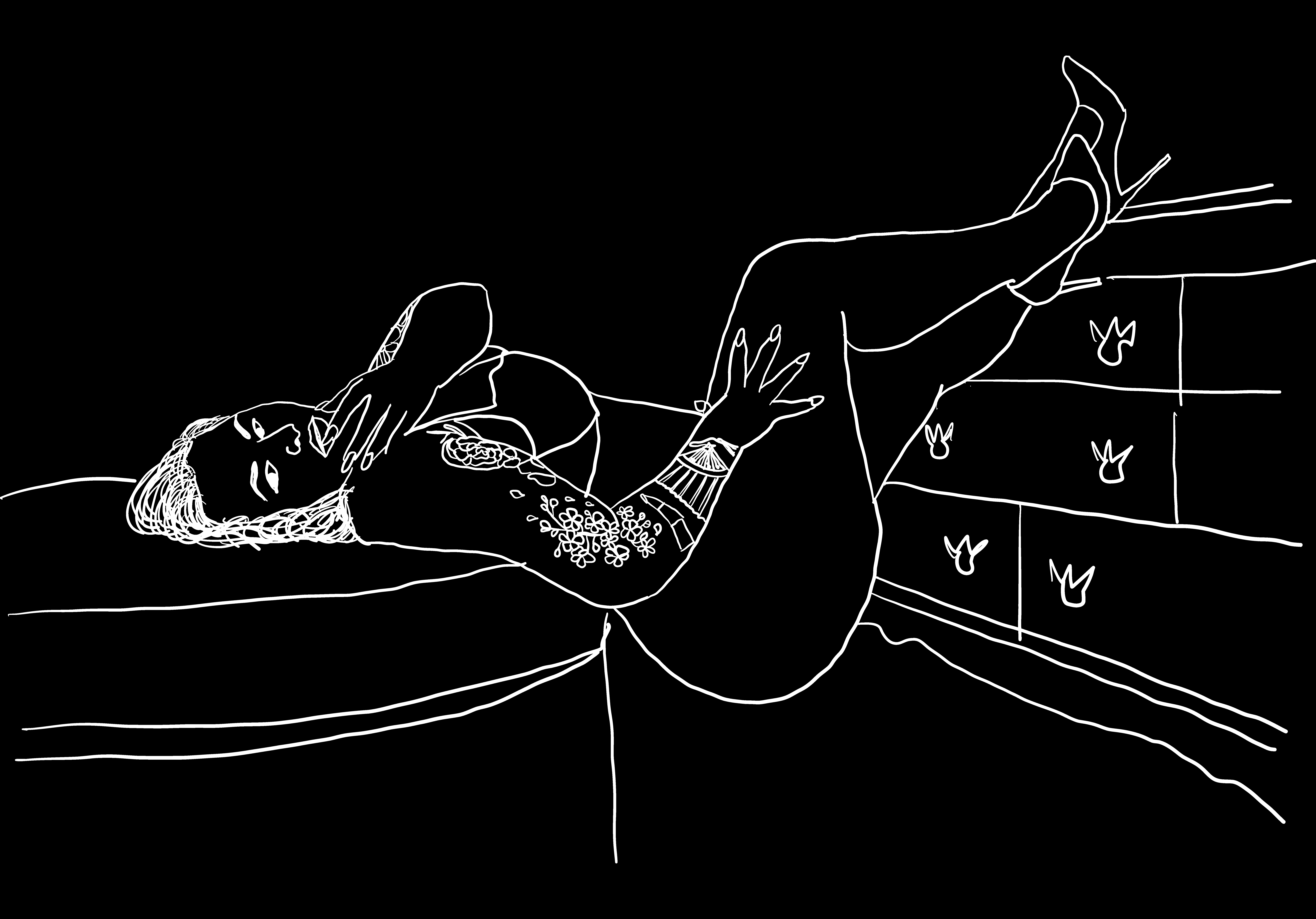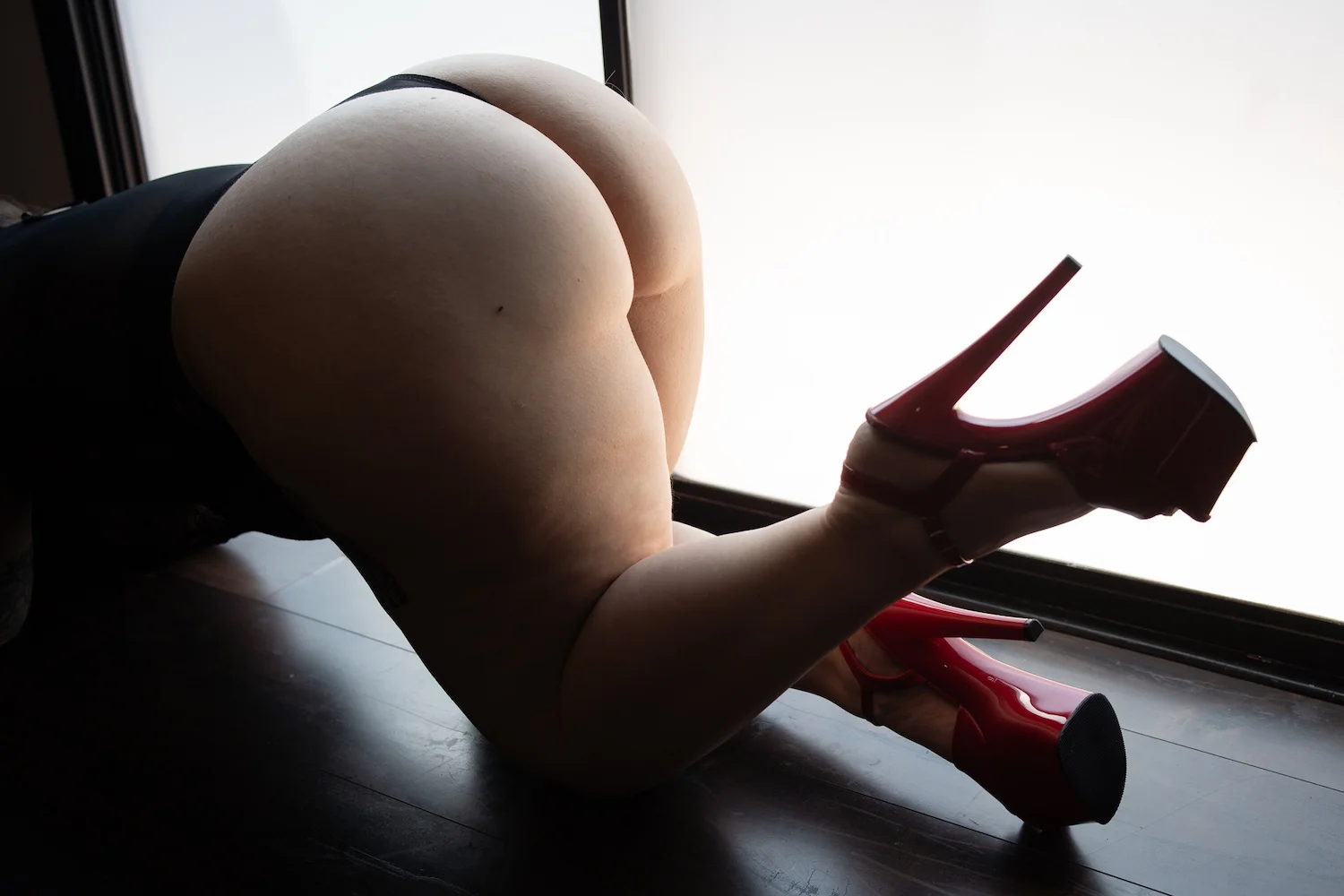What I’m Reading:

You can listen to the audio version of this Musing here.
The last book that I shared with you was written in the form of letters; specifically, letters written back and forth between two lovers, over a vast expanse of time and space.
This week, I once again found myself reading a book of letters; this time, letters written by a Chinese transgender woman to the people—and parts of herself—that she struggles with. These letters are “to the dead people, to exes, to prostitutes and johns.” They are, in her words, “love letters to weirdos and monsters, to transphobes and racists, to everyone and everything I have ever had trouble holding in my heart.”
In the introduction to Falling Back in Love With Being Human: Letters to Lost Souls, Kai Cheng Thom describes the impetus for the book as an attempt to heal the wounds that sit at the center of her relationships (to self, others, and the world).
“i wrote as though I might be casting a spell or changing a religious litany,” she says. “i wrote as though poetry and prayer might be the same thing, as if words might reconnect me with what i once considered my unshakable relationship with the human divine. i wrote to summon the language that might help me fall back in love with being human.”
What I’m Thinking About:

So many of her letters moved me to tears, especially those that overlapped with my own experiences, pain, and longings. There are letters to sex workers, letters to clients, and even a letter to/about Jesus. The one that arrested me for days, though, was the letter she wrote “to the compulsive caregivers.”
It is worth quoting the opening of the letter in full (after all, it was this opening that sent me out of a coffee shop and into the privacy of my car where I digested her words while crying uncontrollably).
this one’s for the kids who took the role of team mom on the playground while everyone else as playing superhero and supermodel. the sweet little girls and sensitive little boys and tender little ones whose genders were still to be determined, still in flux, still contested territory. the ones who knew, with mysterious skill, exactly how to be what everyone else needed them to be. who knew in their bones how to be a mommy, a daddy, a caregiver of any gender, even though—or perhaps because—the big people at home who were supposed to didn’t.
I have often talked about the fact that I was a young mom—I had my first child right after I turned 24. What I don’t often talk about is that I am the oldest daughter of four, born into a family marked by mental illness, alcoholism and drug addiction, poverty, and insecure housing. I didn’t become a mom at 24, I became one much younger when I was pushed into mothering myself and my siblings because those who were supposed to couldn’t.
Cheng Thom writes this letter to the mommies/daddies/caregivers-of-any-gender of the playground, and to the ones who grew up to turn caretaking into a career (as we do…). She says, “For the ones who grew up to be social workers and nurses and psychologists and any other flavor of professional helper, because they were already doing the helping, so they might as well get paid for it too.”
In my own life: babysitter, teacher, birth doula, sex worker.
She goes on, “because helping and holding and listening and caring were the only times we felt we knew what we were doing, even though we had no idea. because that was the way that other people loved us. because maybe, we thought in our secret hearts, that’s all we were good for.”
“Caregiver,” she says, “I see you.”
But here is the thing, I realized through my tears that I didn’t want to be seen. It was too intimate, too raw. I wasn’t ready for someone else to recognize that my need to care for others is, in part, a defense against the fear that I am not worthy of being taken care of myself—or that even if I was, there wouldn’t be anyone around to do it. I wasn’t ready for anyone to see that it is only in my capacity to care for others—to morph myself into a shape that fits their needs—that I know how to be.
As I read this, I was thinking about a relatively recent session with a client I adore. He, too, has built a career of service to others. In bed on a weekday morning, naked between the sheets, he collapsed into me and told me that he didn’t know if I understood how meaningful it was that I took care of him that morning—a rare treat for someone who spends their life caring for others.
But I did know. I knew because I felt in him an exhaustion and a longing that mirrored my own. I remember saying, “Someone has to care for the caregivers.” I also remember that one of us, I’m not sure which, added, “Maybe we, as the caregivers, need to take care of each other.”
A perfect moment. I will never forget it.
There are many moments in this job of great profundity, moments where I can’t imagine devoting my life to anything more meaningful—more intimate, more magical—than sex work. As a former sex worker, Cheng Thom understands the spectacular beauty of these moments. In her letter “to the goddess of whores and all her children” she says,
the gift you gave us was the power of touch. how many people have passed through my hands? my body kept the score. i still have the taste of them, the smell, the feel of their skin. i keep the memory of each one inside me. like foxes, like wolves, like coyotes they came, canine in their hunger and heat. i tamed them, Goddess. i used the gifts you gave me. i opened them up. skinned them alive. wove them back together and returned them from the dead. made them human again. made them whole. you taught me that, Goddess: what pleasure can do
What pleasure can do. This refrain plays on repeat in my head.
Earlier this morning, I was talking to a friend with a similarly chaotic life filled with work and family caretaking responsibilities. I mentioned what I was thinking and writing about. She is a self-described compulsive caregiver, and I knew that she would also recognize herself in Cheng Thom’s words. She asked me, “What is it like to hear need and join its cries, instead of answering them?”
I do not know the answer to that question, but I am trying to learn.
What I’m Excited About:
 I have been hinting that I am working to create a new podcast about sex work. This will be my 4th sex work podcast, Peepshow Podcast being the longest-running (100 episodes over 5 years). While Peepshow covered news and stories from the sex industry, or in other words, tackled sex work head-on, this new venture will do the opposite. When We’re Not Hustling: Sex Workers Talking About Everything But, will be a show that interviews sex workers about the things in their life that aren’t sex work. Our guests will answer the question: What does sex work allow you to do? Who does sex work allow you to be?
I have been hinting that I am working to create a new podcast about sex work. This will be my 4th sex work podcast, Peepshow Podcast being the longest-running (100 episodes over 5 years). While Peepshow covered news and stories from the sex industry, or in other words, tackled sex work head-on, this new venture will do the opposite. When We’re Not Hustling: Sex Workers Talking About Everything But, will be a show that interviews sex workers about the things in their life that aren’t sex work. Our guests will answer the question: What does sex work allow you to do? Who does sex work allow you to be?
I have already recorded 4 episodes worth of content, and I have more interviews lined up! Starting at the beginning of the year, a new episode will drop every two weeks. I will make sure to point you to it when they are available.
Speaking of podcasts, I was a guest on another podcast earlier this week! You can check out my interview with RubyLynne of Granny Panty Podcast here (or anywhere you can listen to podcasts):
Booking & Availability:
Book me in Pittsburgh!
I’ll be in New York City from Jan 11-14. I can only accommodate 1 more appointment while there, so reach out to get your spot!
I’ll also be going to Buffalo, NY from Jan 26-28.
If I haven’t come to your city and you’d like to see me, you could consider booking a sponsored tour! You can find out more about those on the Patronage page of my website. Feel free to shoot me an email with suggested cities: Cybele_rain@protonmail.com.

